Question And Answer
Publications
Articles, publications, books, tools and multimedia features from the U.S. Institute of Peace provide the latest news, analysis, research findings, practitioner guides and reports, all related to the conflict zones and issues that are at the center of the Institute’s work to prevent and reduce violent conflict.

Mona Yacoubian on Arab Normalization with Syria’s Assad
Many Arab countries have concluded that President Bashar al-Assad is entrenched power and that they’ll need his cooperation to address challenges like refugees and the illicit drug trade. In Washington, there is no appetite to normalize with Assad. “I think ultimately what we see is just a fundamental tension between the need for accountability and fatigue in the region,” USIP’s Mona Yacoubian says.
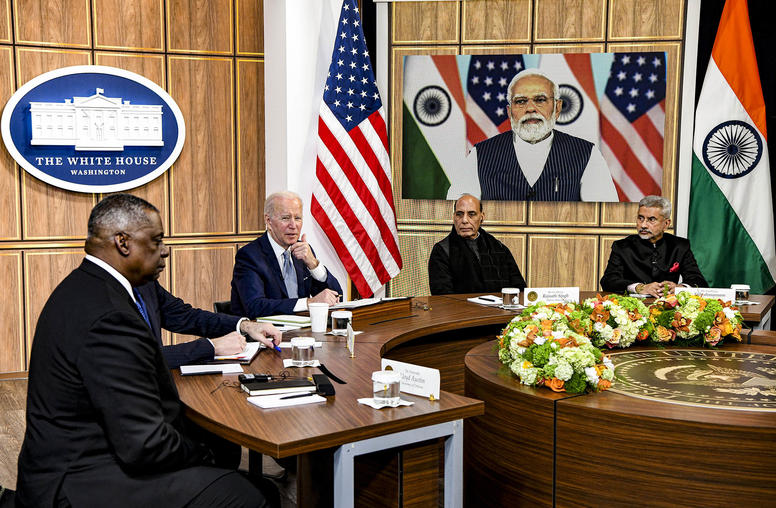
A Big Step Forward in U.S.-India Defense Ties
U.S. Defense Secretary Lloyd Austin’s arrival in New Delhi on Sunday comes at a critical moment, just two weeks before Prime Minister Narendra Modi’s State visit to Washington, DC. As with any ministerial visit, the secretary and his counterpart, Defense Minister Rajnath Singh, will take stock of recent successes and coming opportunities. They will discuss possible deliverables for the upcoming Biden-Modi summit. But the visit will be a true success if they dig into discussions of the kind of reciprocal expectations that can take the U.S.-India defense partnership to new heights.
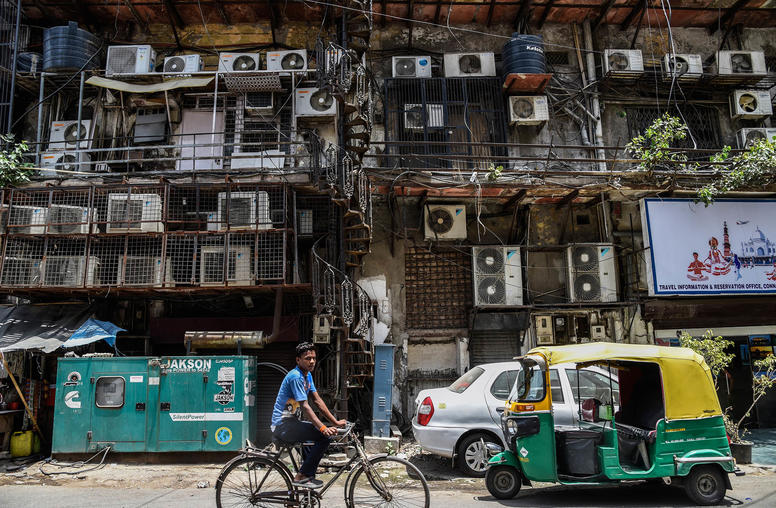
How Heat Waves Are Destabilizing Asia
Unprecedented heat waves continue to ravage Asia this year. Temperatures have climbed to highs of 45 degrees Celsius in Myanmar, 44.5 degrees Celsius in India and 41.9 degrees Celsius in China, with Thailand and Laos breaking all-time high records.
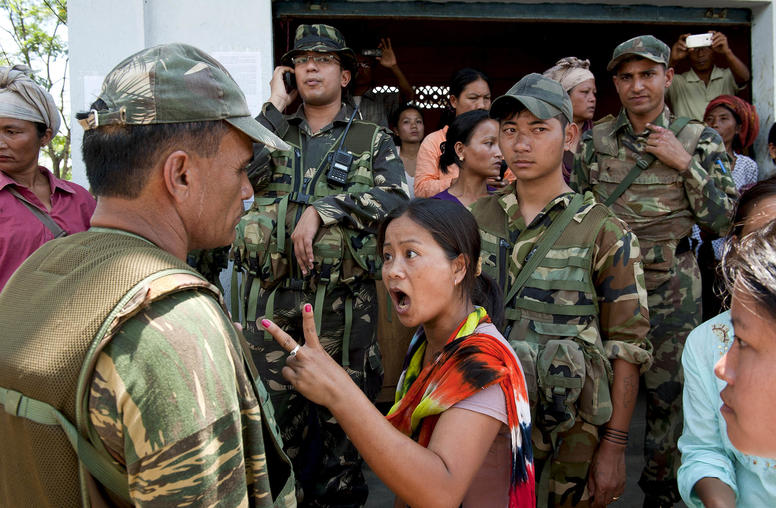
Understanding India’s Manipur Conflict and Its Geopolitical Implications
Since May 3, the northeastern Indian state of Manipur has witnessed repeated inter-ethnic clashes primarily between two local ethnic communities, the Meitei and Kuki. The violence has resulted in over 75 deaths and the burning of at least 1,700 buildings (including homes and religious sites). More than 35,000 people are currently displaced as well, with many now living in one of the 315 relief camps in the state. As the fighting continues, these numbers may also be rising.
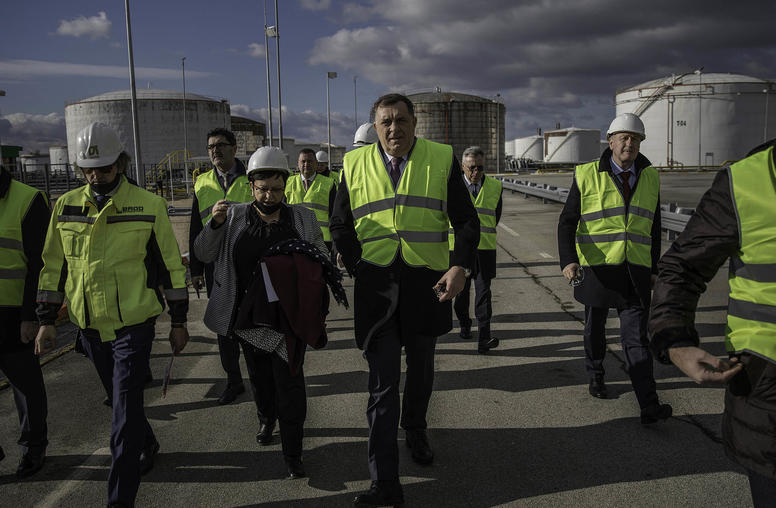
Dislodging Putin’s Foothold in the Balkans
The impact of Russia’s invasion of Ukraine on the Balkans can only be understood by considering Moscow’s malign influence in the region from a broader perspective. While Russia has specific objectives related to each individual country in the region, its overall objective is clearly to target the Western Balkans through a divide and rule approach, using multiple tools of influence. While the United States and its European partners focus on the war in Ukraine, Russia is taking the opportunity to nibble away at NATO’s borders and to sow discord in countries hoping to some day present a strong case for joining the European Union.
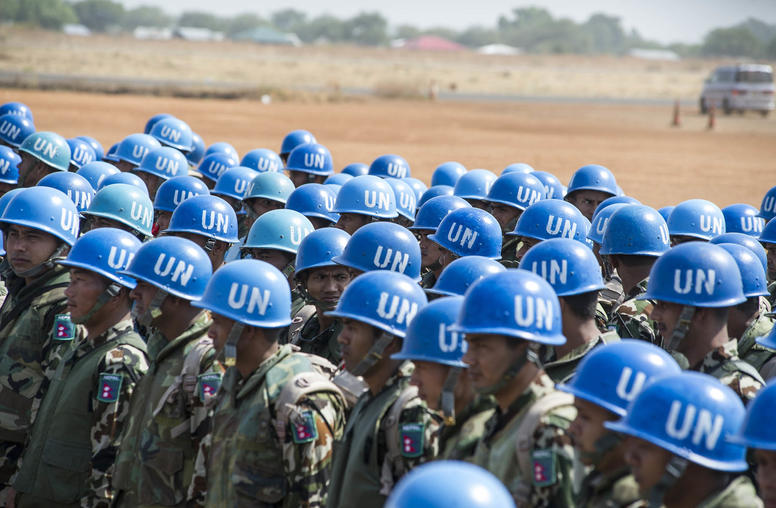
What’s Next for the Blue Helmet 75 Years Later?
When the 1948 Arab-Israeli War ended in a cease-fire agreement, the international community recognized that an independent monitoring mechanism offered the best chance of maintaining the fragile peace process. And so, 75 years ago this week, the U.N. peacekeepers were deployed for the first time. Their mission in that conflict would become the template for U.N. peacekeeping operations for decades to come: Bringing stability to tenuous and uncertain post-conflict environments.
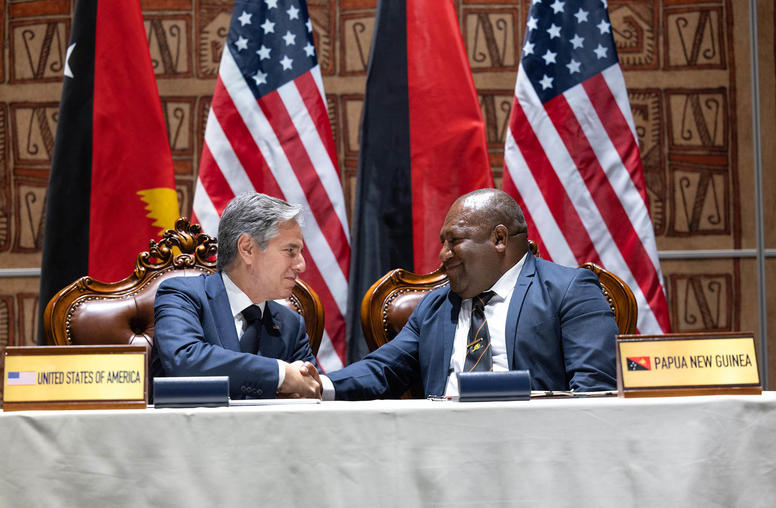
U.S. Strengthens Ties with Key Pacific Island Partners
The United States notched multiple diplomatic wins in the Pacific Islands region last week, making further progress in Washington’s efforts to step up engagement in this oft-neglected part of the world. In a move closely watched by Pacific nations, the United States signed deals to renew its economic assistance to Palau and the Federated States of Micronesia for the next 20 years. Meanwhile, although President Biden had to cancel his planned visit to Papua New Guinea, Secretary of State Antony Blinken inked a defense cooperation deal with the island nation in the president’s stead. While the region has become another arena for U.S.-China competition, Washington has long-standing relationships and interests there that go well beyond its rivalry with Beijing.
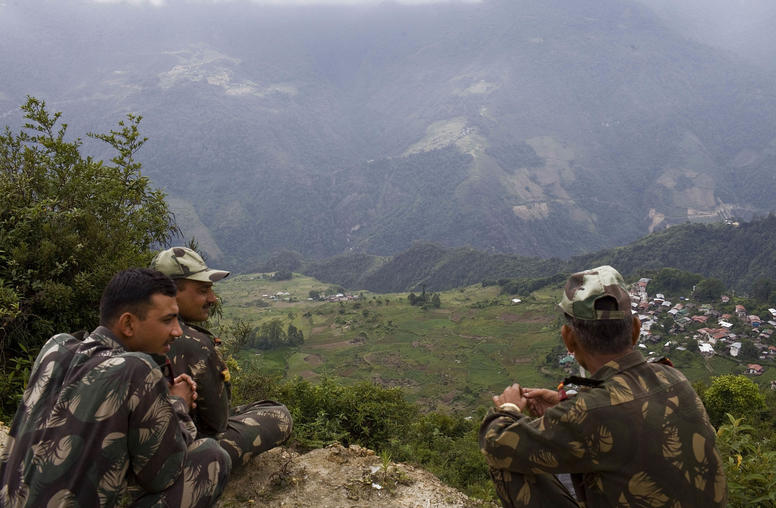
Why We Should All Worry About the China-India Border Dispute
The December 2022 clash between Chinese and Indian troops along the two countries’ 2,100-mile-long contested border — known as the Line of Actual Control (LAC) — highlights a worrying “one step forward, two steps back” trend. This brawl was the worst since 2020, when fighting in the Galwan Valley took the lives of 20 Indian and at least four Chinese soldiers. Although these clashes are often followed by dialogue and other steps to reduce tensions, both sides have increasingly militarized their border policies and shown no indication of backing down. And the situation on the border remains tense, as Beijing and New Delhi are hardening their positions on either side of the LAC, with the potential for escalation between the two nuclear-armed powers.
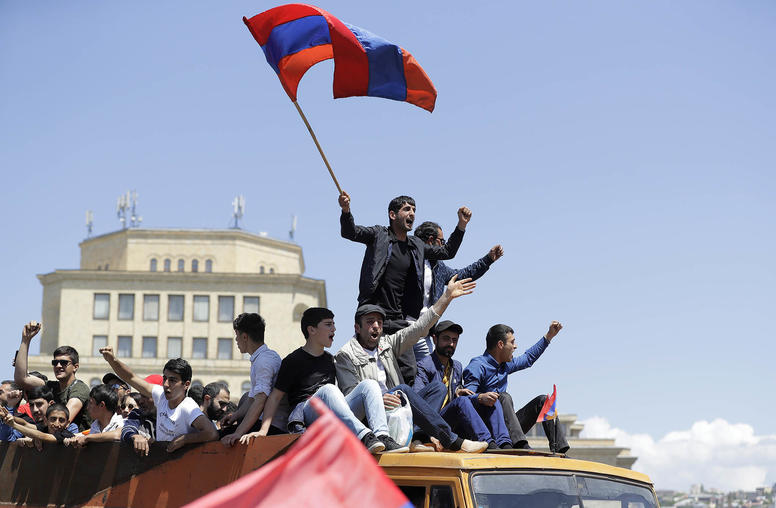
Overcoming the Challenges of Transitional Mobilization
Nonviolent action can be a powerful way to bring about peaceful transitions from autocratic rule to democracy. But even when initially successful, movement leaders often face significant challenges, from frustrations that grievances are not addressed quickly enough to counterrevolutions aimed at restoring the authoritarian status quo. This report examines two recent transitions—the 2011 Jasmine Revolution in Tunisia and Armenia’s 2018 Velvet Revolution—and presents recommendations for improving the likelihood that change initiated through nonviolent action leads to robust and lasting democracy.
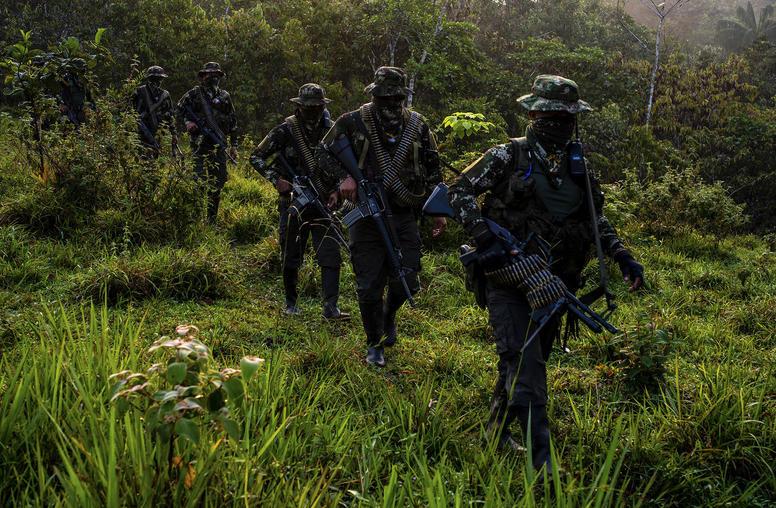
Colombian Civic Leader Offers a Grassroots Strategy for Peace
Nine months into new efforts by Colombia’s administration to achieve “total peace” with remaining armed groups following decades of civil war, that process should make room for the nation’s thousands of grassroots and community organizations to strengthen peace locally when the fighting stops, says a prominent civic leader from one of the country’s most violent regions. Stabilizing Colombia, where migration toward the United States and other countries soared last year, will require steady support from U.S. and international partners, said Maria Eugenia Mosquera Riascos, who helps lead a Colombian network of 140 civic and community organizations working to end violence.